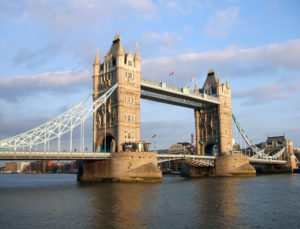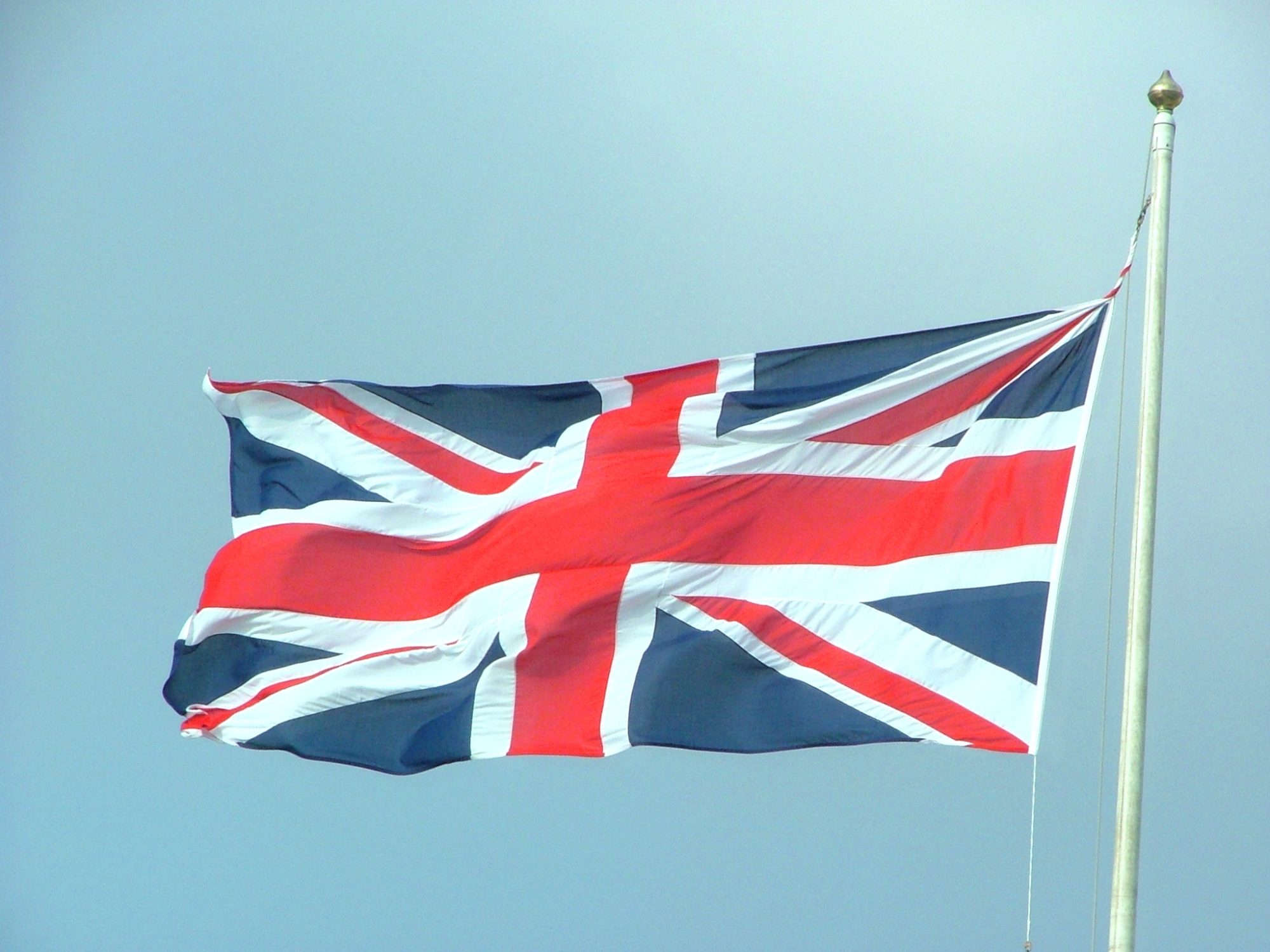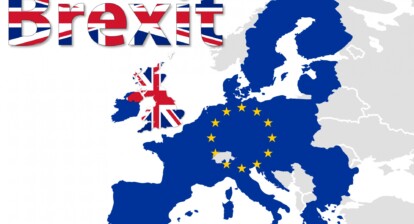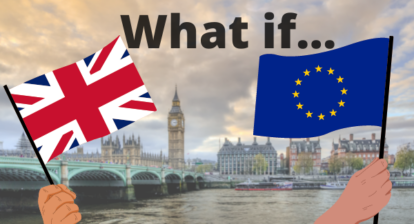“Deport all Muslims”, “Stop letting refugees and foreigners into the country” “There is no longer a ‘Great’ in Great Britain”, and “I’m not a racist but…” social media is covered with comments like these after the suicide bombing in Manchester at the Ariana Grande concert on the 22nd of May.
Unity in the Face of Tragedy
 The focus seemed to be finding someone to blame, and a group of people to vent their anger out on. But these few narrow-minded voices were soon drowned out by communities from across the country coming together and helping those who had been affected by the attack. However, these voices have again appeared after three men drove a van into crowds in London and went on to stab seven people to death and injured dozens of others who were enjoying a Saturday night out.
The focus seemed to be finding someone to blame, and a group of people to vent their anger out on. But these few narrow-minded voices were soon drowned out by communities from across the country coming together and helping those who had been affected by the attack. However, these voices have again appeared after three men drove a van into crowds in London and went on to stab seven people to death and injured dozens of others who were enjoying a Saturday night out.
Both these incidents were attacks on our way of life. Myself or any one of my friends or family could have been caught up in them – and this is what is now making it real to many people in Britain. While we sympathise with our European cousins who have also been affected, it wasn’t at home so we all felt safe. Only now is the enormity of the situation hitting home.
To the virtual war on social networks, my requirement is: Stop blaming one group of people for these atrocities. Blaming one race or religion is like considering every white person a classist, racist and xenophobic. In recent years, not only Muslims have caused the death of many people. The public opinion seems to have forgotten white Christian people like Andreas Brevik, who murdered 69 children in Oslo or Thomas Watt Hamilton, who committed one of the worst mass shootings in Scottish history at a primary school in Dunblane.
Caution Against Generalisations
I am by no means defending the Manchester suicide bomber, 22-year-old Salman Abedi, any of the other perpetrators of this crime or the three men who committed the lastest act of terror in Borough Market, London Bridge and Vauxhall, but online commentary is becoming a dangerous and racist trend. People are creating divisions within society by saying one religion, ethnicity, skin colour is to blame for terror attacks. These identifications of “the diverse” in society are dangerous.
S ome days after the Manchester attack, IS claimed responsibility for it and will probably say they were behind London Bridge as well. People forget this self-proclaimed Muslim “State” hasn’t just appeared from nowhere. Their so called “rise to power” is the culmination of a number of factors. If the public opinion blames and persecutes one minority, we run the risk of playing the same game as the Daesh, striking fear and terror into innocent people.
ome days after the Manchester attack, IS claimed responsibility for it and will probably say they were behind London Bridge as well. People forget this self-proclaimed Muslim “State” hasn’t just appeared from nowhere. Their so called “rise to power” is the culmination of a number of factors. If the public opinion blames and persecutes one minority, we run the risk of playing the same game as the Daesh, striking fear and terror into innocent people.
The phenomenon on social media is, without a doubt scary. However, after the attack, it was clear to me that a hateful society will never prosper in Britain. The people of Manchester and the UK citizens have worked together after the events on that Monday night. People from all faiths and parts of the country have offered shelter, food, transport and other things to the victims of this atrocity. Hundreds have traveled to Manchester to donate blood and help people searching for their missing loved ones. I spoke to a woman who was driving from Manchester to Scotland and offered free transport for the stranded people.
Solidarity and support have been the response to the attacks. The legacy of it will not be hate; it will be love, as long as society remembers terrorism is not one social or religious group’s responsibility.





